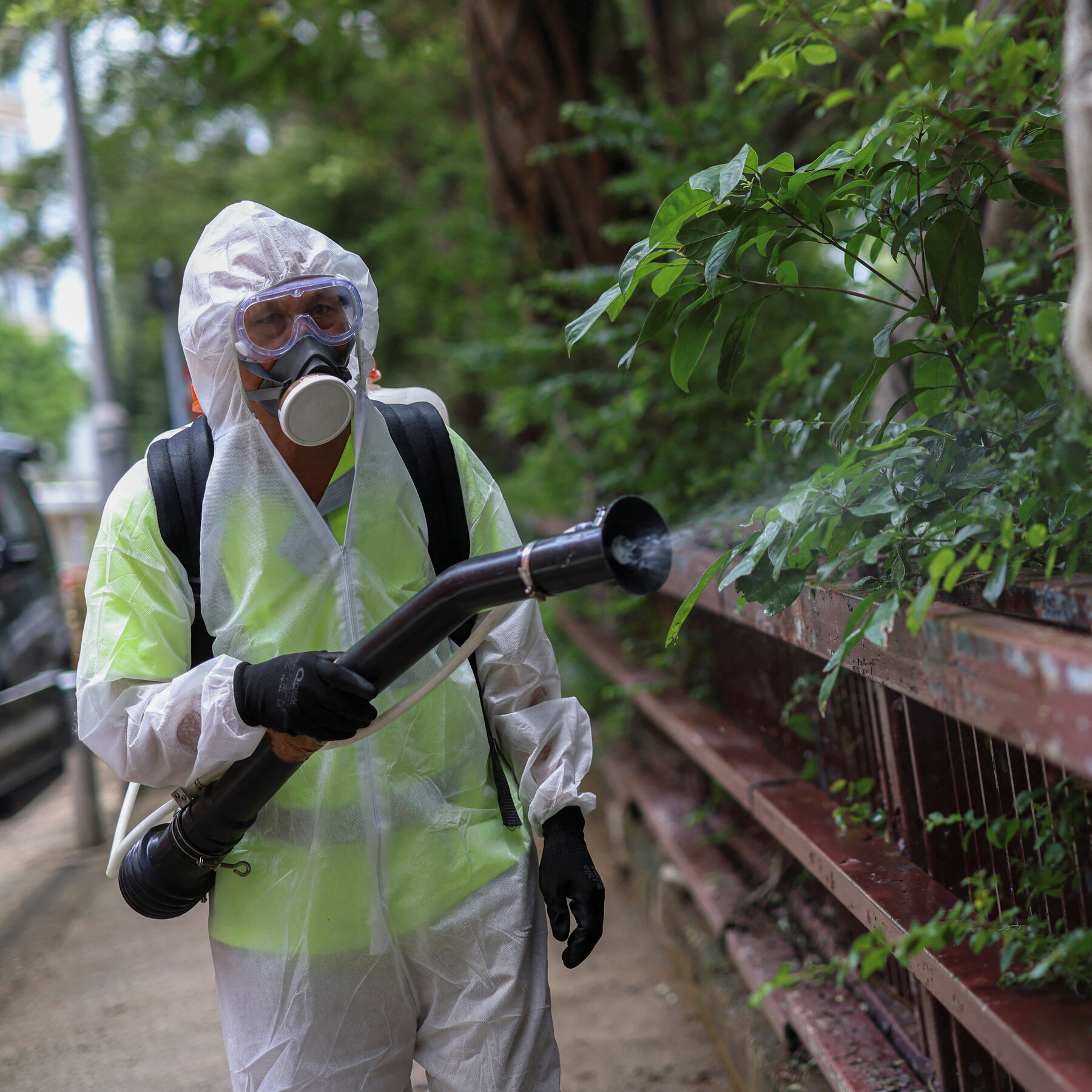Science
Global Surge in Chikungunya Cases Raises Health Concerns

The number of cases of the mosquito-borne Chikungunya virus is on the rise globally, leading health officials to issue urgent warnings. Outbreaks have been reported in various regions, notably in China, where the virus was not previously endemic. This surge has prompted increased scrutiny from health organizations and governments worldwide.
Chikungunya, transmitted primarily by the Aedes aegypti mosquito, causes debilitating symptoms that can persist for years. The virus is characterized by high fever and severe joint pain, making it a significant public health concern. In recent months, health authorities in several countries have reported a marked increase in infections, particularly in regions that have historically not experienced the virus.
Global Impact and Response
According to the World Health Organization (WHO), the rise in cases has been particularly pronounced in Latin America and parts of Asia. In 2023, over 500,000 cases have been documented globally, with a notable spike in new infections in previously unaffected areas. Countries are now ramping up efforts to combat the spread through public awareness campaigns and mosquito control initiatives.
Health officials emphasize the importance of preventive measures. Communities are being urged to eliminate standing water, where mosquitoes breed, and to use insect repellent as a safeguard against bites. Vaccination efforts are also being explored, but no widely available vaccine currently exists.
The recent outbreaks have raised alarms not just due to the health implications but also because of the economic impact associated with significant disease spread. Many regions reliant on tourism and agriculture may face challenges as outbreaks deter visitors and hamper productivity.
Challenges Ahead
The spread of Chikungunya poses several challenges for public health systems. The prolonged joint pain associated with the virus can lead to long-term health issues, complicating recovery and rehabilitation efforts. Moreover, the rise in cases raises concerns about potential co-infection with other viruses, such as dengue and Zika, which are also transmitted by the same mosquito species.
As health officials work to contain the outbreaks, the emphasis remains on research and surveillance to track the virus’s spread and understand its evolving nature. Continued collaboration among international health organizations, governments, and local communities will be essential to mitigate the impact of Chikungunya and protect public health.
The situation is evolving, and authorities will need to remain vigilant. As new cases emerge and more regions report infections, the global community must respond swiftly to prevent widespread outbreaks and protect vulnerable populations.
-

 Lifestyle3 months ago
Lifestyle3 months agoLibraries Challenge Rising E-Book Costs Amid Growing Demand
-

 Sports3 months ago
Sports3 months agoTyreek Hill Responds to Tua Tagovailoa’s Comments on Team Dynamics
-

 Sports3 months ago
Sports3 months agoLiverpool Secures Agreement to Sign Young Striker Will Wright
-

 Lifestyle3 months ago
Lifestyle3 months agoSave Your Split Tomatoes: Expert Tips for Gardeners
-

 Lifestyle3 months ago
Lifestyle3 months agoPrincess Beatrice’s Daughter Athena Joins Siblings at London Parade
-

 World3 months ago
World3 months agoWinter Storms Lash New South Wales with Snow, Flood Risks
-

 Science4 months ago
Science4 months agoTrump Administration Moves to Repeal Key Climate Regulation
-

 Science2 months ago
Science2 months agoSan Francisco Hosts Unique Contest to Identify “Performative Males”
-

 Business3 months ago
Business3 months agoSoFi Technologies Shares Slip 2% Following Insider Stock Sale
-

 Science4 months ago
Science4 months agoNew Tool Reveals Link Between Horse Coat Condition and Parasites
-

 Sports3 months ago
Sports3 months agoElon Musk Sculpture Travels From Utah to Yosemite National Park
-

 Science4 months ago
Science4 months agoNew Study Confirms Humans Transported Stonehenge Bluestones








